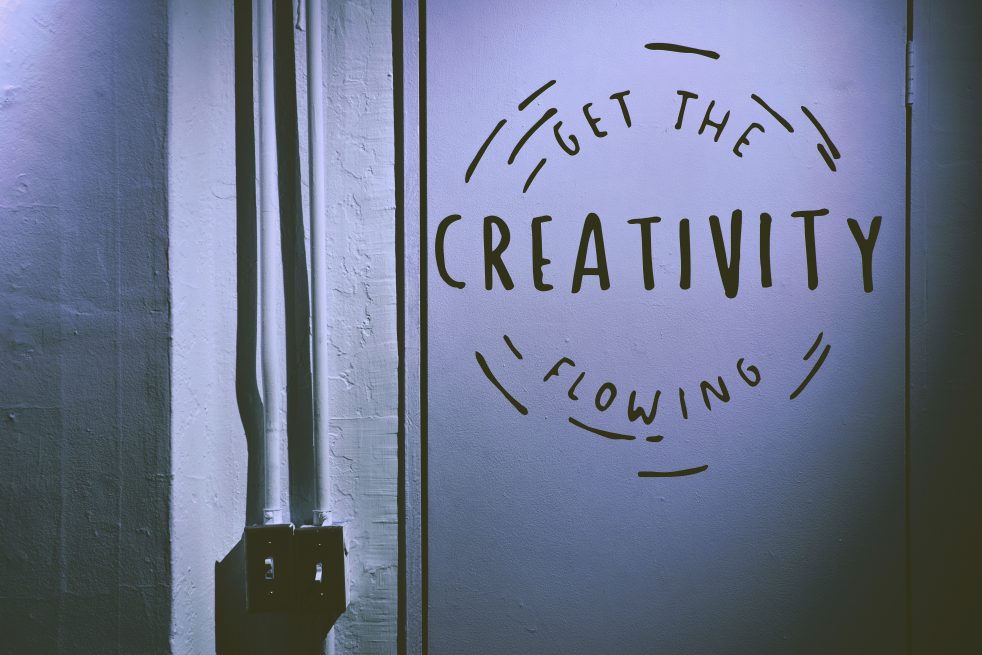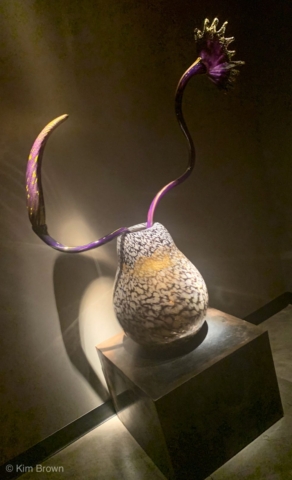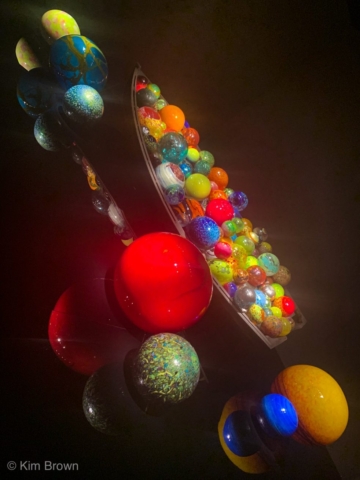This past weekend my husband and I spent the day in St. Petersburg. We had lunch at this really cool restaurant called The Library, which by the way was built by his company. We toured another one of his projects under construction, before heading to the Chihuly Museum.
To say the glass was breathtaking would be an understatement, but what I hadn’t expected was the words of wisdom Dale Chihuly shared in the film about his work.
One section of the film focused on the creation of the Chihuly Light of Jerusalem 2000 at the Tower of David Museum. Chihuly made a comment about how much the world needed art and how he hoped the exhibit might play a part in bringing Jews and Arabs together. Chihuly believed art had that kind of power. It made me think about writing.
Our stories can help heal the world, but only if we actually write them.
Remember the courage, inspiration, comfort, and healing you received from a book. What if the author allowed fear, procrastination, or a myriad of other excuses to stop her from sitting down and writing her book done?
There are so many reasons not to write, but you and I both know they’re just fear and doubt dressed in fancy clothes. See them for what they are and write anyway.
Want to know why?
It’s what you want to do.
You love the power of words. You play with ideas in your head. You scribble in your journal. You feel the magic of pen to paper — clicking of keys. You know there’s something inside dying to come out. Don’t stop it. Write.
Writing gives us space to reflect. It helps clears the foggy. We can express things we couldn’t or wouldn’t say out loud. It allows us to the opportunity to look beneath the surface at who we are and what we really feel. We can be neurotic, obsessive, and plain old weird without risk of judgment. Well, you might judge yourself. I’ve looked back at some of my old journals and been like, girl you need to burn that shit. But more often than not, those pages reflect the course of my own healing. Writing has taught me how to be more compassionate with myself and others.
This happened to me while I was working on a novella about my paternal grandparents for my graduate thesis. My faculty advisor pointed out that the character modeled after my great-grandfather was flat. He challenged me to really look into him as a person.
To be honest, I couldn’t imagine seeing him as anything more than the abusive, mean man that I had always heard about. He never said much to me as a young girl, but my grandmother told me many stories about the vicious way he would beat her mother. But as I began to write more about him, I tried looking at the world through his eyes. I began to see the way life in rural Mississippi beat him down as a black man. That wasn’t an excuse for him to beat my great grandmother, but it let me see where his anger may have come from. For the first time, I began to feel some compassion for him.
You owe it to yourself to see where your writing will go.
We all have ideas and solutions in our head that just sit there. Television and technology sometimes make us lazy. We allow ourselves to be entertained rather than to create, explore, or invent.
That book or movie which was just like an idea you had is a cautionary tale of exactly why you should be writing. You sat on it. The other person took a chance. Stop thinking about it. Start writing.
In the words of every Nike commercial you’ve ever seen — just do it.
Photo by Tim Mossholder on Unsplash




